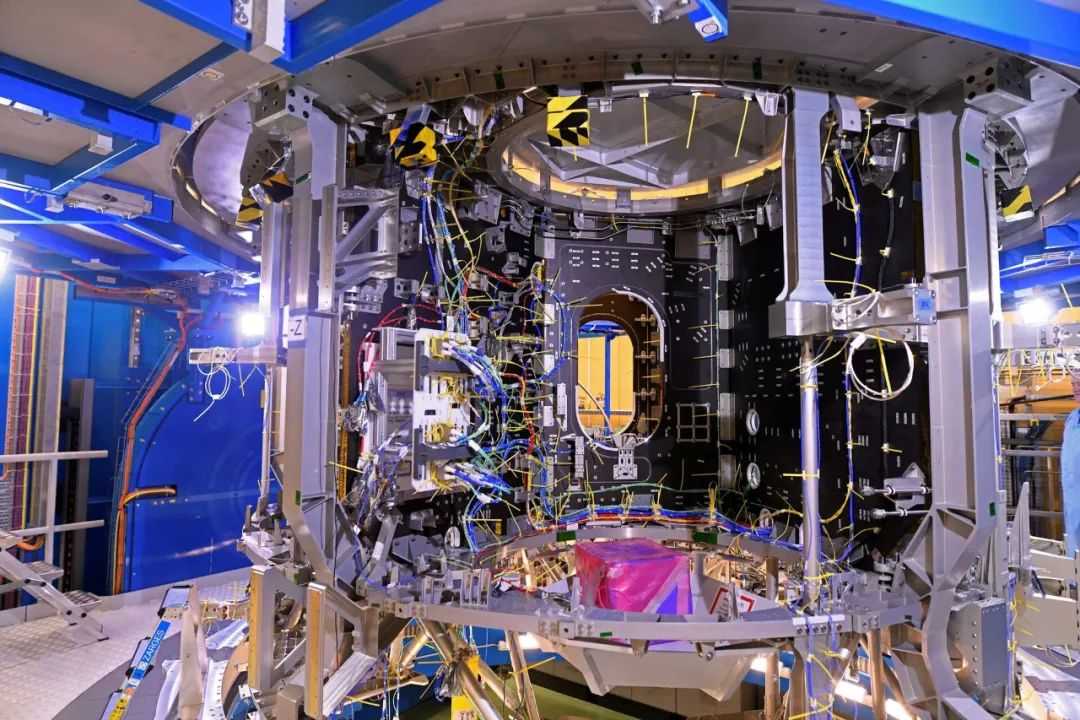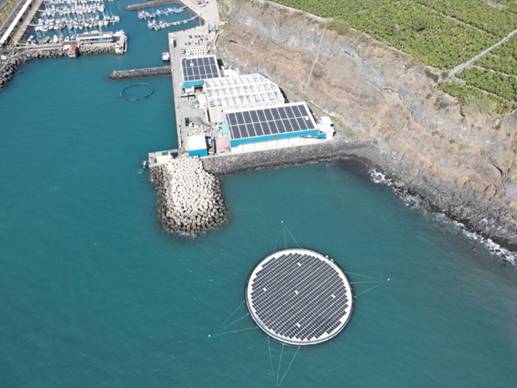Meanwhile, the European energy system is facing severe challenges. The large - scale blackout in Spain and Portugal has exposed the crisis of grid aging. Half of the EU's power grid facilities are over 40 years old and urgently need $2.3 trillion in investment for upgrading to adapt to the green energy transformation. Currently, the annual investment in the power grid is only $300 billion, and the International Energy Agency requires it to be doubled by 2030. Spain's renewable energy accounts for 56%, but the cross - border power interconnection rate is only 5%, and it plans to accelerate the connection with France and Morocco. The shortage of energy storage is also prominent.
Europe's existing battery energy storage is 10.8GW, and it needs to be expanded to 200GW by 2030 to match the development of wind and solar power. The UK alleviates the grid pressure by deploying 5GW of energy storage, and Ireland has launched the world's largest flywheel energy storage system. The European Commission has set a new goal of a 15% cross - border power interconnection rate by 2030, but the decommissioning of nuclear power plants, such as Spain's shutdown of all nuclear reactors by 2035, will aggravate the challenge of power supply stability.








